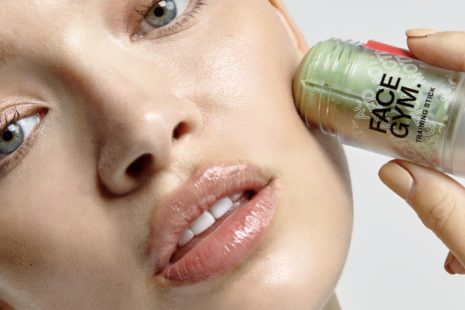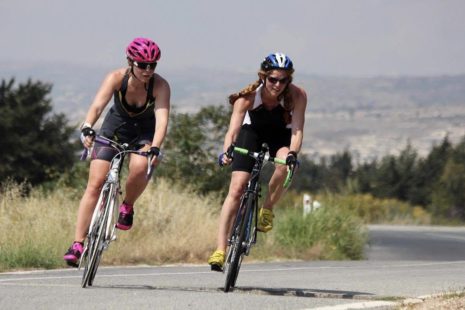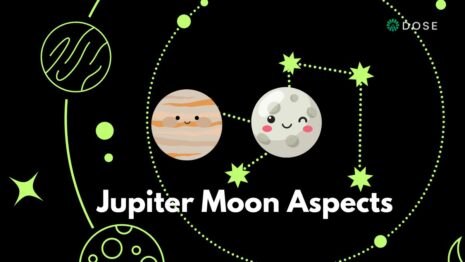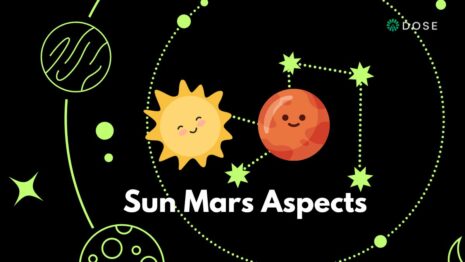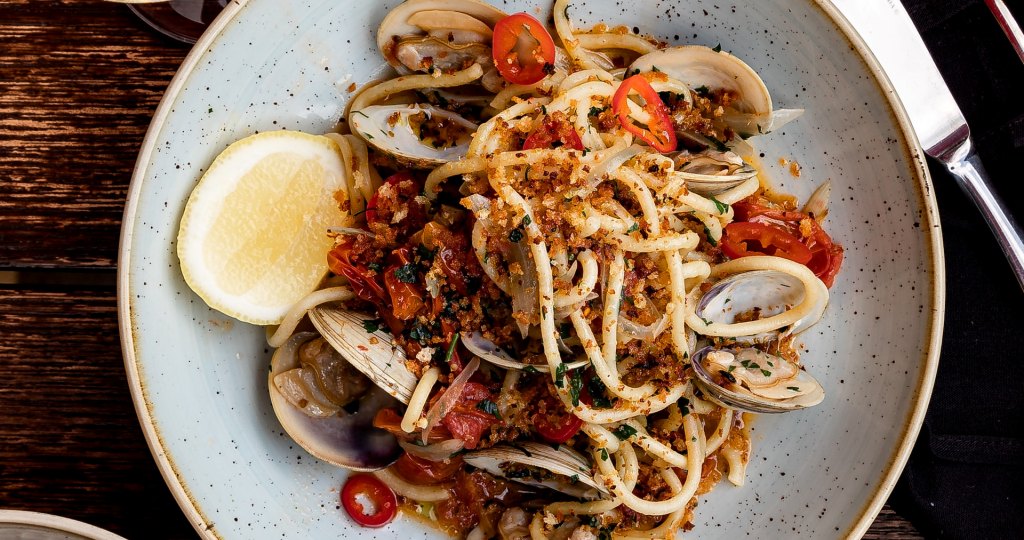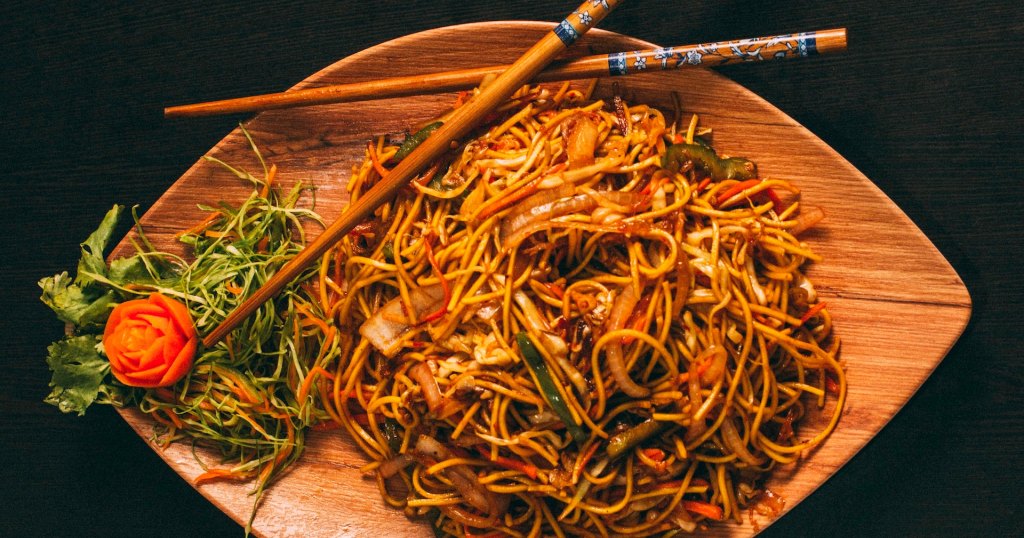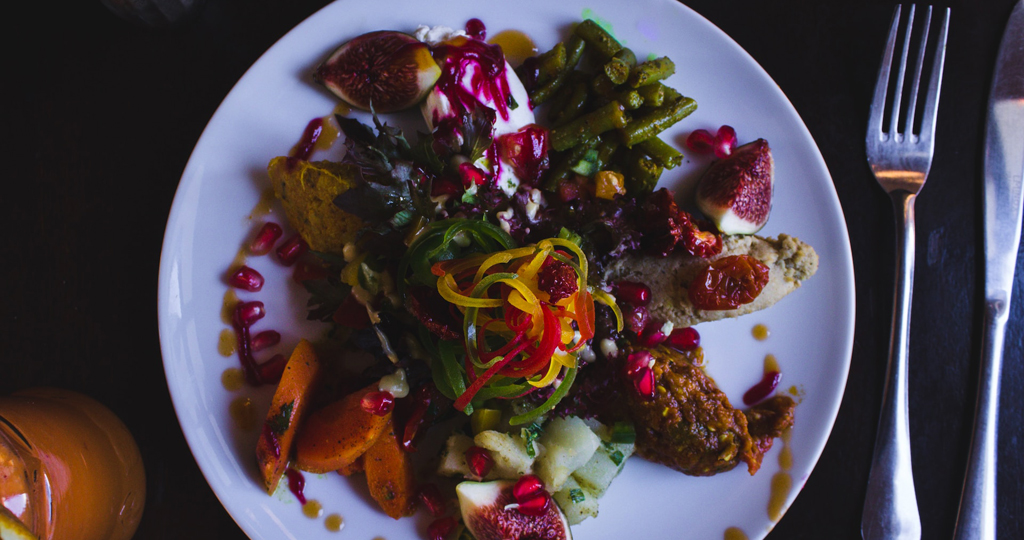The Sunday scaries seem worse then ever at the moment.
Along with the usual looming to-do list, and anxiety at everything that lies ahead in the working week, lurks a creeping existential dread.
The pandemic isn’t going anywhere and times are uncertain, but even making simple tweaks to your diet can help ease the fear.
Banish Sunday Blues for good with these 10 tips from Harley Street nutritionist Lily Soutter…
Balance blood sugar
White refined carbohydrates and sugary foods are absorbed quickly into the blood stream. This may cause an initial ‘high’ or surge of energy that soon wears off. A blood sugar ‘high; can result in a blood sugar ‘crash’ leaving us feeling tired and low.
To balance blood sugar, include protein, fibre and healthy fats into each meal and snack. All three components help to slow the release of sugar into the blood stream.
I love incorporating chia seeds to my cooking as they contain a whopping 11g fibre, 4g plant-based protein and 9g of healthy fats per 2 tbsp. This wholesome seed is a perfect combo for balancing blood sugar and keeping hunger at bay.
*Other great options include protein rich beans and pulses, fibre packed wholegrains and essential fat rich oily fish.
Don’t skip meals
Ensure that you eat at least three meals a day. Skipping meals can lead to low blood sugar, which can result in low mood, anxiety, irritability and fatigue.
Load up on omega 3 fats
Did you know that 60% of your brain is made up of fat? Most of these fats are similar to essential fats called omega 3 found in oily fish and chia seeds.
A few studies suggest that supplementation of omega 3 fats may reduce symptoms in patients with depression and on antidepressant medication.
Choose: salmon, mackerel, herring, sardines anchovies, chia seeds, and chia seed oil.
Consume tryptophan rich foods
Tryptophan is part of a protein molecule and is the precursor to our happy hormone serotonin. Consumption of foods rich in tryptophan such as meat, fish, eggs, milk, cheese, beans, lentils and even chia seeds can play an important role with influencing mood.
By combining 30g of carbohydrates with tryptophan rich foods, you can boost absorption and utilisation drastically.
Choose: a slice of wholegrain bread topped with tryptophan rich turkey, or a pot of yoghurt with mixed fruit and chia seeds.
Don’t fear carbs
Unfortunately many diets encourage cutting carbs.
But carbohydrates play a key role in transporting tryptophan to the brain, which is then converted to our happy hormone serotonin. Our brain also runs on glucose, which comes from the carbohydrates within our diet.
This means that a low mood can be a common side effect of very low carbohydrate diets.
Choose: wholegrain bread, wholegrain pasta, brown rice, oats, white or sweet potato with the skin, quinoa, buckwheat, beans, lentils, chickpeas, vegetables, fruit.
Vitamin B6
This water-soluble vitamin plays an essential role in the production of key neurotransmitters, which are involved with mood, including serotonin and dopamine.
Low levels of vitamin B6 have been associated with symptoms of depression as well as PMS and mood swings.
Choose: beans, nuts, legumes, eggs, meats, fish, whole grains, bananas, and fortified breads and cereals.
A healthy gut, a happy mind
Around 90% of our serotonin is located within the gut, and only 10% is located within the brain. Scientists are now referring to our gut as our second brain, and the latest research has shown that our gut bacteria may influence how much serotonin we produce.
While the research is still relatively new and not yet conclusive, many of us could do with a little more good gut bacteria due to widespread antibiotic use.
Fibre is our gut’s best friend and the primary fuel for our good gut bacteria. Whilst we should aim for 30g per day, many within the UK are only consuming 15-18g. Foods such as Chia Co chia seeds contain as much as much as 11g fibre per 2 tsp.
Other ways to boost healthy gut bacteria include:
Prebiotic foods: Jerusalem artichokes, garlic, onions, leeks, dandelion greens, asparagus, unripe banana, chicory root, apples, oats, and flaxseeds.
Fermented foods (probiotics): natural with live yoghurt, sauerkraut, kefir, and kimchi.
Cut back on the booze
Alcohol in moderation is absolutely fine, but we have to remember that alcohol has a depressant effect on the brain so can result in rapid worsening of our mood. Thiamine is also a common B vitamin deficiency seen in heavy drinkers, and this deficit can lead to low mood, irritability and anger.
Choose: no more than 14 units for women per week
Choose: no more than 21 units for men per week
1 unit =
● 1 small glass wine
● ½ pint beer or larger
● 1 single measure spirits
● 1 small glass sherry or port
Don’t overdo the caffeine
Caffeine is a stimulant found in coffee, tea, chocolate and energy drinks. We know that it in some people it can improve feelings of alertness, but in others caffeine can affect mood and may result in anxiety.
If you notice that caffeine makes you feel jittery or anxious it may be time to cutback. Although caffeine is fine to have in moderation, it’s important to note that people’s sensitivity to caffeine can vary greatly.
Choose: calming herbal teas such as chamomile, lemon balm and lavender.
Top up on the sunshine vitamin
Vitamin D is referred to as the sunshine vitamin for good reason. It’s manufactured within the body in response to sunlight reaching our skin. This means that there is an increased risk of developing a deficiency during the dark winter months.
Interesting research has also shown that supplementation with vitamin D may reduce symptoms of depression and Seasonal Affective Disorder, which occur during the winter months. It’s important to note that positive outcomes with supplementation have only been shown in those with very low levels of vitamin D.
Vitamin D can be found in foods such as oily fish and egg yolk, however Public Health England suggest that we all consider supplementing with 400IU daily throughout winter.
Lily Soutter, Nutritionist BSc (Hons)
Lily graduated from Newcastle University with a BSc (Hons) degree in Food and Human Nutrition (AfN accredited) where she was awarded with the Sage Faculty for Excellence Scholarship. She then went on to gain a Nutritional Therapy Diploma from the Institute of Optimum Nutrition. Lily’s extensive knowledge of the science of food and health, enables her to regularly write for The Times, The Telegraph, The Daily Mail, The Independent, Women’s Health and Cosmopolitan. Her frequent TV appearances include ITV’s prime time series Save Money: Lose Weight with Dr Ranj Singh. Lily sees clients from her clinic in Chelsea and from the Portobello Clinic, a private medical practice based in Notting Hill.
Follow Lily on Instagram
Image: Shuttershock



